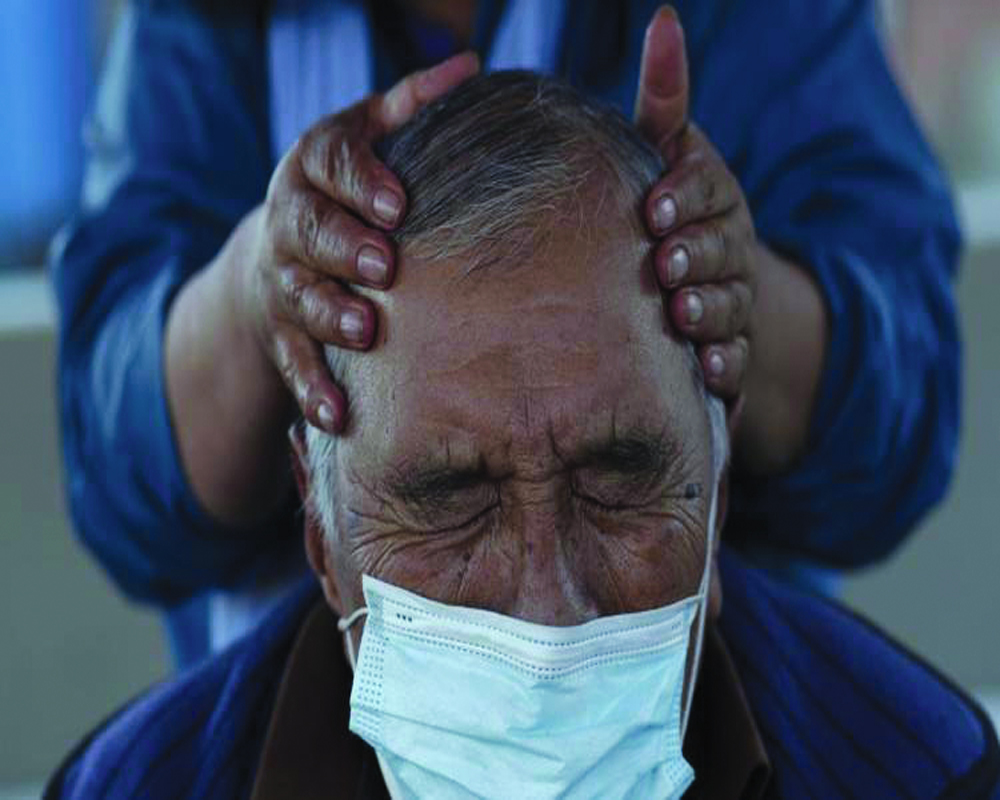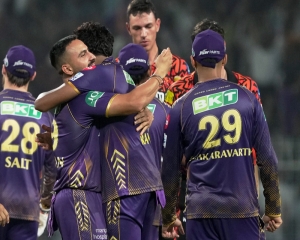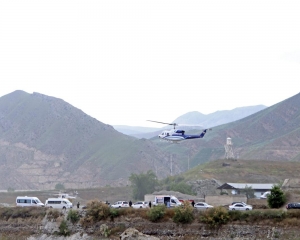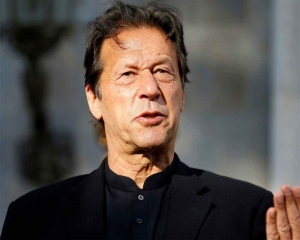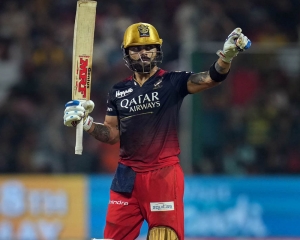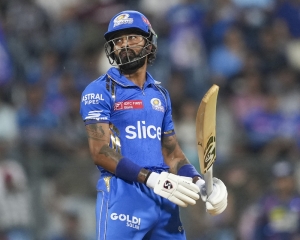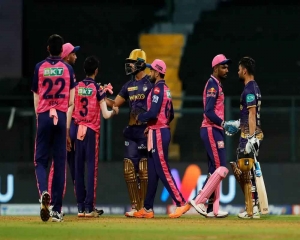The age-old traditional medicine such as Ayurveda is the most prevalent yet the commonest traditional health practice in India. The Indian government founded the Department of Indian System of Medicine and Homoeopathy in 1995. The 12th five-year plan (2012-17) paved the way to launch the new dedicated scheme to encourage the indigenous medicines in India. In 2014, a dedicated Ministry of Ayush (erstwhile AYUSH - Ayurveda, Yoga, Naturopathy, Unani, Siddha, Sowa-Rigpa and Homoeopathy as per the Gazette of India notification, April 13, 2021) was set up. The recent upsurge of Covid-19 cases along rising trend of various chronic diseases, side effects of modern medicines, high cost of new drugs, large out-of-pocket expenditure, less availability, and accessibility of modern healthcare, etc, have led to increasing public demand for both conventional, complementary and alternative medicines (CAM) in the world.
Many countries have been paying efforts in monitoring and regulating the indigenous herbal medicines. Specifically, Japan, China, and Korea have developed their unique traditional medicine systems, such as: Oriental Medicine of Japan (OMJ), Chinese Traditional Medicine (TCM), and Korean Traditional Medicine (TKM). TCM is applied in China to treat annually 200 million (approximately) patients that accounts for about 40 per cent of the total healthcare services. This is of 69 per cent in Korea where TKM is being practised, and around two-thirds of doctors treat patients with herbal medicines in Japan. Further, these three countries have also considered traditional medicines for their national healthcare policies.
China gives effective training and education of six years on average to their doctors and health personnel. China approved three patented herbal drugs along with other modern medicines for the treatment of Covid-19 which was announced in an official press conference of April 14, 2020. The WHO has recognised the role of CAM of Africa’s medicinal plants like Artemisia annua (also known as sweet wormwood) as possible treatments of Covid-19 and suggested for their clinical test. However, no complete trials have been yet reported internationally.
Our estimates using the National Sample Survey (NSS) suggest that the proportion of persons that responded as ailing was higher in NSS 75th (2017-18) round (10.5 per cent) as compared to NSS 71st (2014) round (7.5 per cent). We estimated that traditional medicines and modern medicine are accessed by 6.71 per cent and 93.29 per cent ailment persons respectively in 2014. The access of the TM has been reduced by 2.08 per cent between these two rounds. The households belong to the lower social strata (STs) are dependent more on TM than other categories due to less availability, accessibility and affordability of the modern medicine besides some other socio-cultural obstacles. The youths perceive the conventional medicine more than others over this period. However, no significant difference is observed across gender, and sector (i.e., rural, and urban areas). The average expenditure on AYUSH care per treated person as per the latest available NSS survey (75th round) is Rs 482 and Rs 612 in rural, and urban areas, respectively. There is no major difference noted from the average expenditures on allopathy (i.e. Rs 548, and Rs 677 in rural and urban households respectively). However, the gross spending difference between rural and urban areas is significant.
The increase in the healthcare budget from FY 2020-21 of Rs 94,500 crore to FY 2021-22 of Rs 2.23 lakh crore is driven in large part by the allocation for the Covid vaccinations (i.e. Rs 35,000 crore, an increase of 27 per cent) and an increase in water and sanitation costs (Rs 74,500 crore of 58 per cent increase). In FY 2019-20, the public health expenditure was about 1.28 per cent of GDP. The AYUSH’s share in public health expenditure was 5.1 per cent in 2014-15 (Rs 1,784.1 crore) which was declined to 4 per cent in 2021-22. As per the report of the National Health Account Estimates (NHAE) of India, 2015-16 published in 2018, the out-of-pocket expenditure on healthcare was 64.7 per cent, and households’ share out of the total health expenditure including health insurance was of Rs 3,42,257 crore (i.e., 69 per cent). Whereas the NHAE published in 2019 estimated the total health expenditure at Rs 5,81,023 crore (3.8 per cent of GDP and Rs 4,381 per capita), the out-of-pocket expenditure was Rs 3,40,196 crore (58.7 per cent of the total health expenditure, 2.2 of GDP, Rs 2,570 per capita) and the share of AYUSH was 10.7 per cent of the total health expenditure.
The AYUSH Ministry has started a population-based survey to identify the efficacy of the Ayurvedic interventions for the high-risk cohort in preventing infections of the Covid-19. The study covers 500,000 observations approximately. This is being carried out by national institutes of 25 states through four research councils under the directions of the AYUSH Ministry. The Ministry has also collaborated and sponsored the clinical trials of the TM for the Covid. The AYUSH research portal mentioned that 44 clinical trials of TM are ongoing. Of them, 29 are of Ayurveda, 2 Unani, 5 Siddha, and 8 Homoeopathy. 11 of these trials have passed the first phase.
This study raises concerns for the low outreach of AYUSH. Since health is a universal need, a complete public provisioning with community awareness of the traditional medicines is warranted. Skill development initiatives, training, monitoring and evaluation in this regard are of utmost need. Further, the Indian traditional medicines should be standardised, and accredited. Although the Indian Government has taken steps in promoting the traditional medicines, it still needs more extensive research and evidence. Nonetheless, some good signs are also noted regarding the accessibility of the Indian traditional medicines and their integration with the modern medicines.
(Dr Pratap C Mohanty teaches Economics in the Indian Institute of Technology, Roorkee. He is the principal investigator of the research grant on ‘Medical Pluralism in India’, sponsored by ICSSR, Govt of India; Kamal Sharma is research associate in the study on ‘Pluralistic health practices in India’ sponsored by ICSSR).













